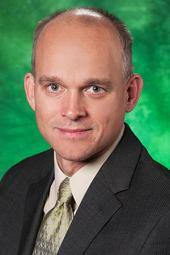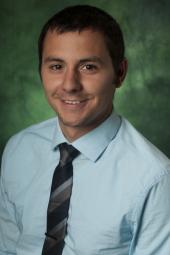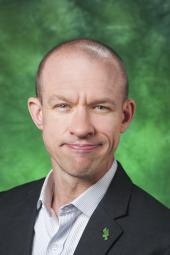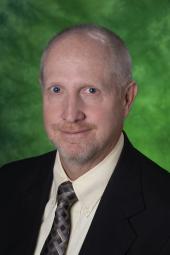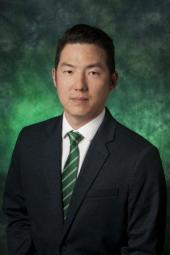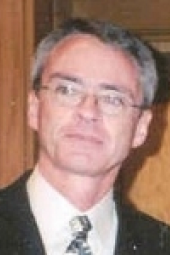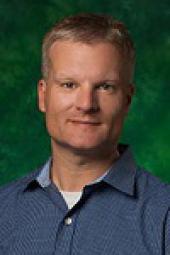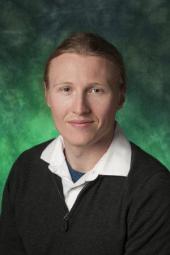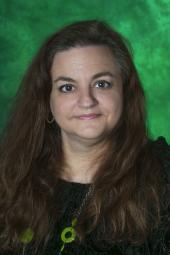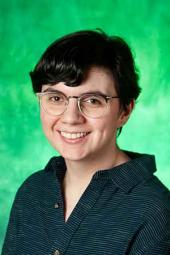Scott Martin received his doctorate of philosophy degree in Physical Education with an emphasis in Sport and Exercise Psychology from the University of Tennessee, Knoxville. He is a fellow of the Association for Applied Sport Psychology, fellow of the American College of Sports Medicine, a member of the United States Olympic Committee's Sport Psychology Registry, and an invited member of the Texas Cardiovascular Disease and Stroke Partnership. His extensive knowledge in sport, physical fitness, and health psychology has provided him opportunities to interact with numerous coaches, athletes, musicians, military personnel, and business leaders about their performance. His research interests include examining attitudes toward and effectiveness of mental skills services, psychosocial factors associated with health-related fitness — cardiorespiratory fitness, muscular strength, muscular endurance, flexibility, and body composition — and effective coaching behaviors and leadership styles. He has authored or co-authored more than 80 refereed professional articles, 10 non-refereed articles, five book chapters, and 200 presentations at state, national, and international conferences. Dr. Martin has received more than $2 million in funding from organizations such as the National Institutes of Health (Science Education Partnership Award), Robert Wood Johnson Foundation, National Association for Sport and Physical Education, Texas Higher Education Coordinating Board, The Cooper Institute, United Way of Metropolitan Dallas, and Girls in the Game.

